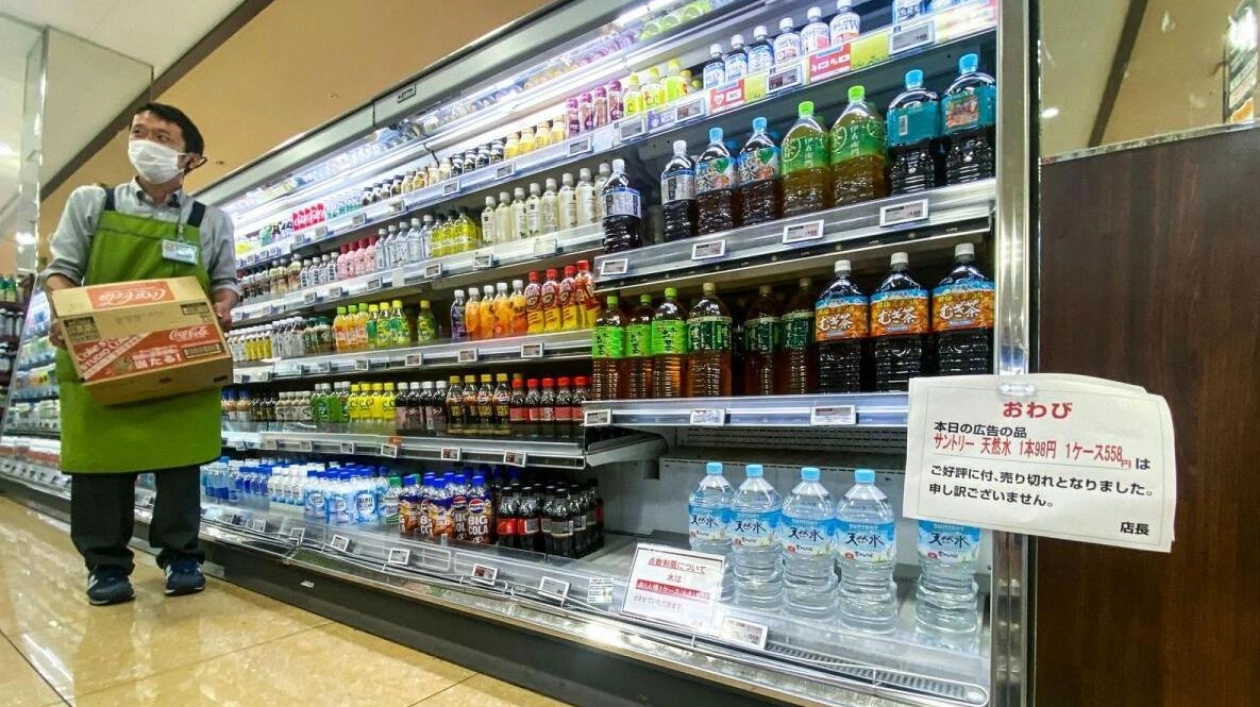On Saturday, Japanese authorities advised the public against stockpiling goods, as concerns about a potential massive earthquake led to a surge in purchases of emergency kits and everyday essentials. This marks the first time the weather agency has issued such a warning, stating that a significant earthquake is increasingly probable following a magnitude 7.1 quake in the south that injured 14 people on Thursday. A supermarket in Tokyo displayed a notice apologizing for product shortages, attributing them to 'quake-related media reports', with potential sales restrictions and rationing of bottled water due to 'unstable' supply. Rakuten's website on Saturday morning listed portable toilets, preserved food, and bottled water as the most in-demand items.
In Tokyo, some residents are enhancing their disaster readiness. Kokoro Takeuchi, a bar employee, ordered bottled water online after Thursday's tremor, expressing deep concern about the possibility of being trapped underground during an earthquake. Conversely, Mika Nakagawa, a company worker, accepts the inevitability of a megaquake, stating that overthinking the situation is unproductive.
Retailers along the Pacific coastline have also noted a high demand for disaster-related supplies. The advisory focuses on the Nankai Trough 'subduction zone' between two tectonic plates in the Pacific Ocean, historically prone to destructive magnitude eight or nine earthquakes every century or two. The central government previously estimated a 70% chance of the next major quake occurring within the next 30 years. Despite the heightened risk, experts stress it remains relatively low, prompting the agriculture and fisheries ministry to urge against excessive hoarding. A magnitude-5.3 earthquake near Tokyo on Friday caused temporary disruptions but is not believed to be directly linked to the Nankai Trough megaquake.






